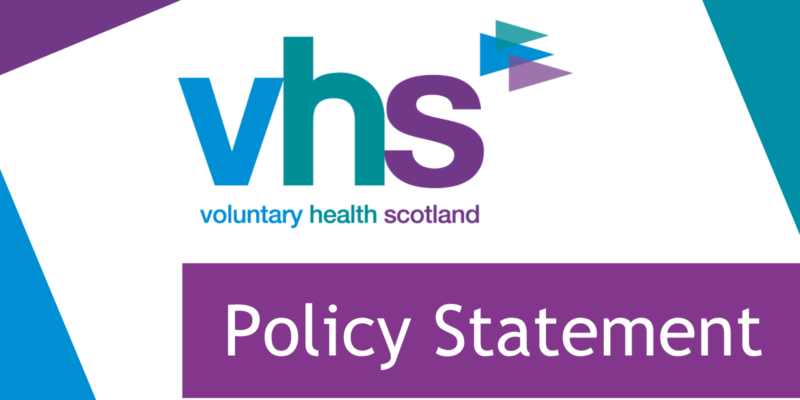
The UK Covid-19 Inquiry report, published last week, acknowledges that some government pandemic responses contributed to health inequalities in Scotland. It also provides important and timely insights for future pandemic preparedness, as well as for decision-making about health inequalities more broadly.
The Inquiry acknowledged that many people were at significantly greater risk of life-threatening illness or death from Covid-19 infection. Those at direct risk included older people, people with health conditions that made them clinically vulnerable, many people with disabilities, and people of certain ethnic backgrounds.
The Inquiry also reported that many groups were found to be at heightened risk of exposure to Covid-19 due to socio-economic factors, specifically certain ethnic minority groups and those from more deprived communities. It further found that measures designed to strengthen public safety, such as the closure of schools and social distancing, had disproportionately high negative impacts for people living in poor housing, those at risk of violence, those with disabilities, and those with poor mental health.
In many instances, the Inquiry found that the above risks could have been anticipated. Indeed, the health inequalities experienced by many during the pandemic are largely attributed to a lack of equalities data to facilitate decision-making. The Inquiry found that the impact on ethnic minorities, for example, was only identified several months into the pandemic, and was hindered by gaps in equalities data. The Inquiry report states that:
‘The pandemic exposed the urgent need for public authorities to update and expand data collection protocols to ensure that they collect appropriate, equality-disaggregated data. The absence of equality-disaggregated data during the pandemic also meant that the impact of measures could not be monitored in real time.’
Our members report that there are still considerable challenges in the quality and accessibility of data related to health inequalities, particularly where people experience intersectional barriers. This is reflected in our Manifesto for Health Creation, which asks for the quality, intersectionality, and transparency of national health datasets to be reviewed and improved.
We urge the Scottish and UK Governments to ensure that the potential impacts on marginalised groups are central to planning for future pandemic events, which will require improved data on health inequalities.
For more information about this statement, or about our Manifesto for Health Creation, please contact our Policy and Public Affairs Lead, Sarah Latto.
